Civil War
The agreement signed between DRC and Rwanda has been touted by many as a major step towards ending years of war in Congo's east.
The United States which brokered the deal got involved after Kinshasa proposed a minerals-for-security offer.
But Dr. Samuel Igba, a postdoctoral researcher at the University of Pretoria says mineral wealth, is just one of the many drivers of conflict in the region and not the only one.
"The region is very rich in mineral resources like coltan, like cobalt, copper and these other resources that are very important for production in the West. And you have a lot of illegal owned mines by militia groups", Igba said.
While the agreement principally talks about Kinshasa and Kigali, there are dozens of armed groups and proxy forces in the picture, which could complicate any chances of a lasting solution.
One of those groups is Rwanda-backed M23, with which Congo is holding separate talks mediated by Qatar.
"There's a disconnect between the high-level peace building, the ones we see on TV, the Qatar process and the AU-led Luanda, Angola process... These peace processes have not led to any tangible agreement for over 30 years that this conflict has gone on, and we are seeing that there's a gap that these two high-level peace-building and the grassroots peace- building are not connecting", noted Igba.




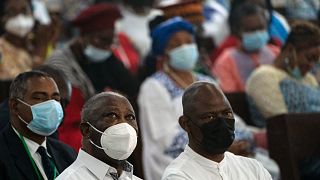
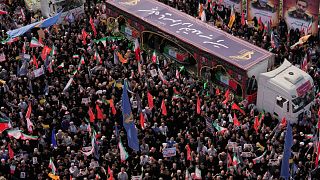
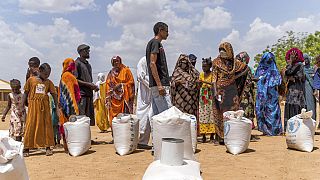



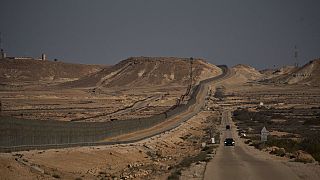
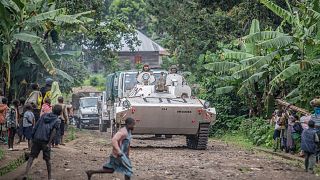
02:13
Congo and Rwanda sign a US-mediated peace deal aimed at ending decades of bloody conflict
00:54
African Human Rights court says it can hear case brought by DRC against Rwanda
01:51
South Sudan launches military court to enforce accountability and justice
01:25
UN humanitarian chief visits families in North Kivu displaced by M23 rebels
00:58
Cash crunch stalls UN probe into possible war crimes in DR Congo
Go to video
UN warns of escalating humanitarian catastrophe in Sudan amid ongoing conflict